The Untold Story of Nri Metal Workers In Enuani
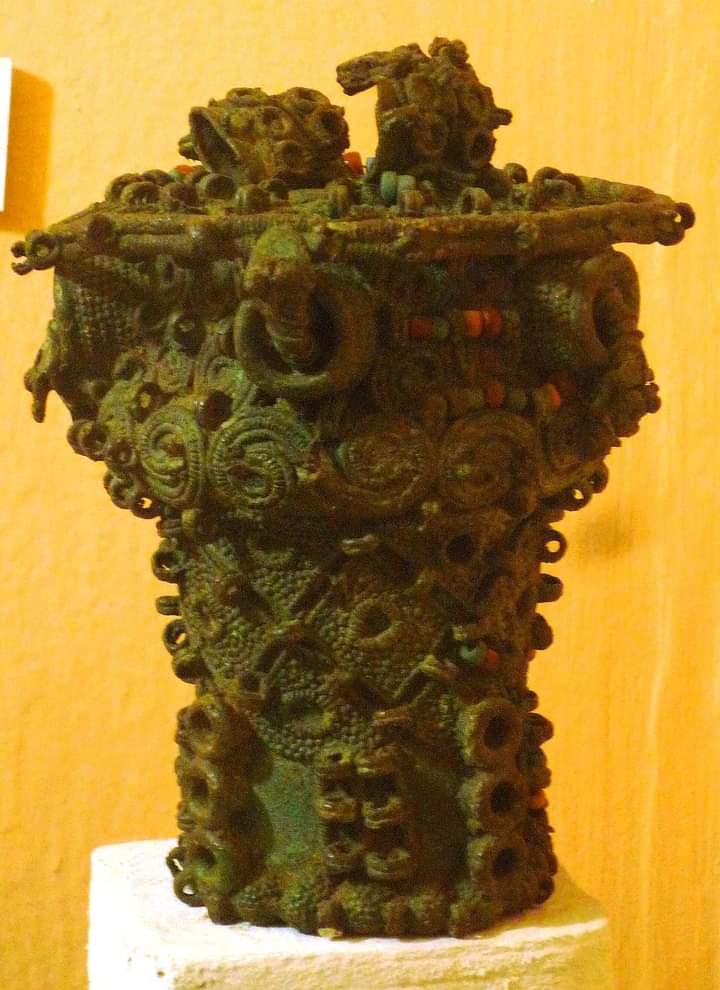
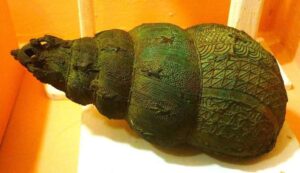
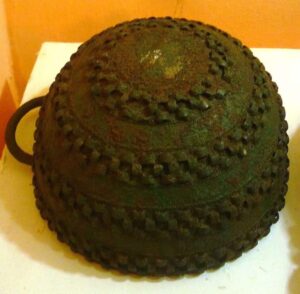

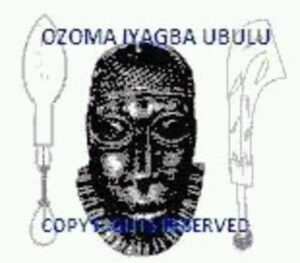
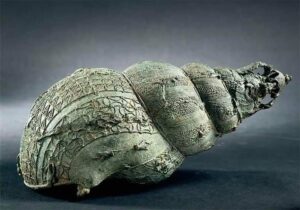
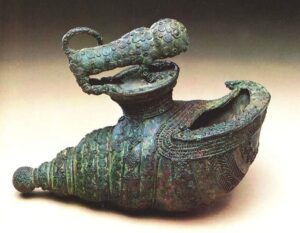
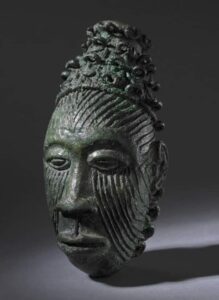
The Untold Story of Nri Metal Workers In Enuani
One of the most ancient metal works excavated in the world were discovered by archeologists at Igbo-Ukwu, headquarters of the ancient Nri kingdom.
It is not a surprise that among Igbos occupying the western banks of the Omambala River (River Niger), a group known as Ụmụ Ikem, who migrated from Ifite/Ihite in Nri Kingdom are the oldest metal workers in Enuani.
According to a press release by the National Commission For Museums And Monuments;
“Igbo-Ukwu, originally known as Igbo-Nkwo, was the capital of the Kingdom of Nri beginning in the 8th or 9th century CE. It was the center of an extensive trade system linking the town with Gao on the Niger bend and, through there, to Egypt and North Africa.
It was also a prominent center of lost-wax casting in bronze, one of the earliest in Africa.”
“Upon scientific excavation of the site in 1959, radiocarbon dating placed the site to 850 CE, which could make the Igbo-Ukwu culture the earliest known example of bronze casting in the region. These Igbo-Ukwu bronzes also represent the earliest examples of copper alloy (copper and tin) art in Sub-Saharan Africa.”
The descendants of Ikem who occupy various settlements in Enuani affirmed that Ikem, their ancestor migrated from Nri and that their craft of metal work is known as “Iffi-Ụzụ” or “Ịkpụ-Ụzụ”.
In ancient Ubulu Kingdom, the descendants of Ikem were in charge of metal works that include the making of weapons for the war chiefs. This very prominent position placed them top of the classes of war chiefs known as Okwa-Iyase.
They are greeted “O ji ọgwụ eli” shortened as “Ojogwu”, meaning one who eats by engaging or sponsoring a fight.
Having a well structured weaponry and arsenal, most Enuani communities, especially Ubulu Kingdom were able to withstand the expansionist armies of Benin kingdom.
The descendants of Ikem migrated with their lineage “ọfọ” and till this date, they are led by one dịọkpa whose leadership is attained by gerontocracy.
Their totems include; Kokowa (also known as “ọkwa” or bush fowl) and akikor agbonor (a specie of wood which they use for making fire for metal work).
Their ancestral homes is called “Ogbe-Igbo,” and their lineage god is known as “Idigwu”.
The oldest available Enuani artifact is called “Ozoma Inyagba” and it will be attached to this article. It is dated around 15th century. An ozoma is a position held by the immediate younger brother of the Obi (King) in the community where that mask belongs.
However, it must be noted that this artifact is not confirmed as one of the works of Ụmụ Ikem.
Note: What is contained in this article is narrowed to the topic. Otherwise, there are other archeological sites in Igbo land.
For example, in Ngodo Ancient kingdom, an Igbo community in Uturu, Isuikwuato Local Government Area, Abia State in Nigeria, where a stone age site was discovered that provides evidence that humans inhabited the region as far back as 250,000 years ago.
It was the largest handaxe factory in Nigeria, and possibly in the world.
To be continued…





